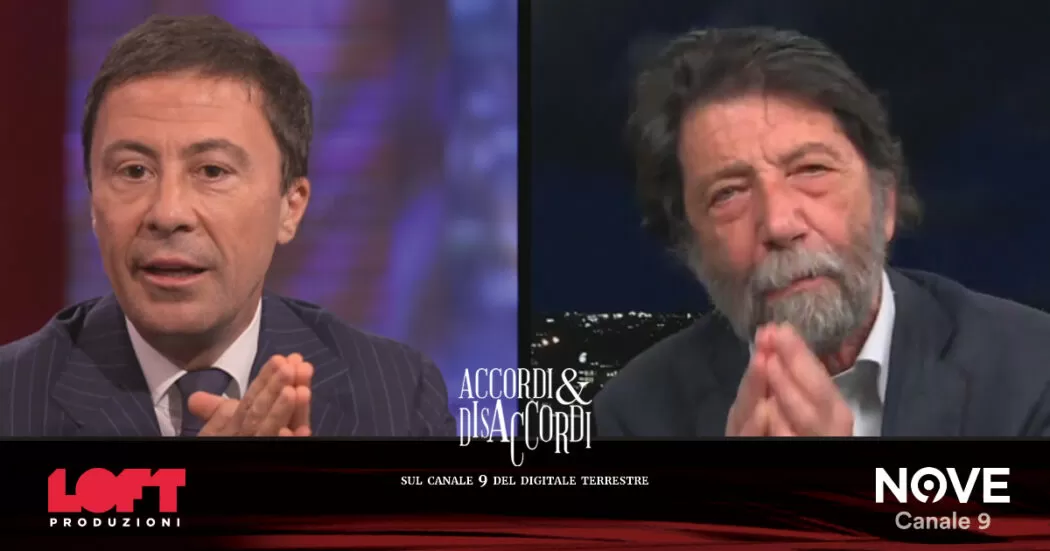Bocchino (Nove): “Those who do not vote have chosen not to vote, either because they do not feel represented or because they know that their vote is insignificant in a solid democracy.” These were the words of Italo Bocchino, guest on the last episode of the season of Accordi&Disaccordi (Nove), which infuriated assoluto Cacciari, to the point of leaving the studio.
The debate on the importance of voting and the role of democracy in our society is a recurring topic, especially during election periods. And Bocchino’s statement, although controversial, raises some interesting points.
First of all, it is important to acknowledge that not everyone who does not vote does so out of apathy or laziness. There are many valid reasons why someone may choose not to participate in the electoral process. Some may feel disillusioned with the political system and believe that their vote will not make a difference. Others may not feel represented by any of the candidates or parties, and therefore see no point in casting a vote.
But what Bocchino’s statement highlights is the fact that in a solid democracy, the option to not vote is also a valid choice. In many countries, citizens do not have the luxury of choosing whether or not to vote, as it is mandatory. This is not to say that compulsory voting is necessarily a bad thing, but it does limit the freedom of choice for individuals.
Furthermore, Bocchino’s words also shed light on the importance of a strong and stable democracy. In a society where the democratic system is solid and functioning properly, citizens have the luxury of choosing whether or not to participate in the electoral process. This is a privilege that should not be taken for granted.
However, Cacciari’s reaction to Bocchino’s statement raises some valid concerns. While it is true that not voting is a valid choice, it is also important to recognize the potential consequences of not exercising this right. In a democracy, the power lies in the hands of the people, and by not voting, individuals are essentially giving up their power and allowing others to make decisions on their behalf.
Moreover, not voting can also lead to a lack of representation for certain groups or issues. If a significant portion of the population chooses not to vote, their voices and concerns may not be heard by those in power. This can lead to a skewed representation of the population and potentially harm the democratic process.
In the end, the debate on the importance of voting and the role of democracy in our society is a complex one. While Bocchino’s statement may have sparked controversy, it also brings attention to the fact that in a solid democracy, individuals have the freedom to choose whether or not to participate in the electoral process. However, it is also important to recognize the potential consequences of not exercising this right and to encourage active participation in the democratic process.
In conclusion, Bocchino’s words may have caused a heated debate, but they also shed light on the importance of a strong and functioning democracy. As citizens, we should not take our right to vote for granted and should use it wisely to ensure that our voices are heard and our society remains democratic.

